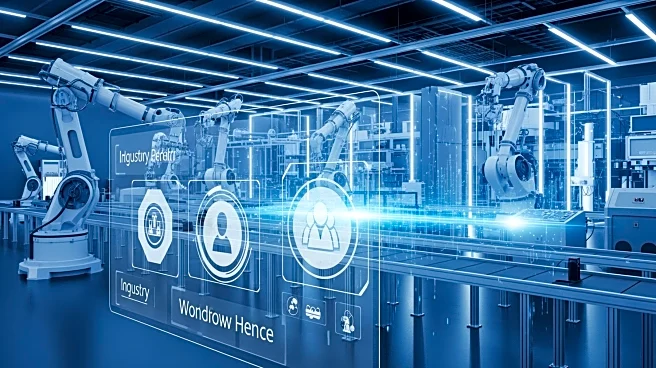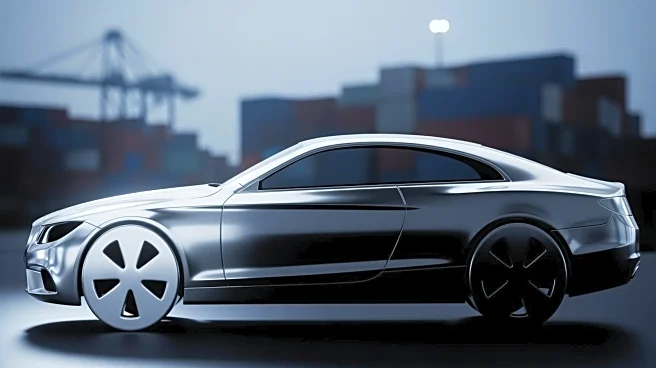Rapid Read • 7 min read
The US Department of Commerce has expanded steel and aluminium tariffs to cover 407 additional products, including automotive exhaust system parts and electrical steel essential for electric vehicle (EV) production. The new tariffs impose a steep 50% duty on steel and aluminium content, affecting over $200 billion in annual imports. This expansion is part of ongoing trade measures aimed at protecting domestic industries.
The expansion of steel tariffs to include EV parts could have significant implications for the automotive industry, particularly for manufacturers relying on imported materials. The increased costs may lead to higher prices for electric vehicles, potentially slowing their adoption. This move could also impact the competitiveness of US automakers in the global market, as they navigate increased production costs. Stakeholders, including manufacturers and consumers, may face challenges as they adjust to the new tariff landscape.
AD
As the expanded tariffs take effect, automakers may need to explore alternative sourcing strategies or negotiate with suppliers to mitigate increased costs. The industry may also see shifts in production and pricing strategies as manufacturers adapt to the new trade environment. Policymakers and industry leaders may engage in discussions to address the impact of tariffs on the automotive sector and explore potential solutions to support domestic production while maintaining competitiveness.
The expansion of steel tariffs highlights the complex interplay between trade policy and industry dynamics. As the US seeks to protect domestic industries, the broader implications for global trade and economic relations become apparent. The impact on electric vehicle production underscores the challenges of balancing protectionist measures with the need for innovation and sustainability in the automotive sector.
AD
More Stories You Might Enjoy












